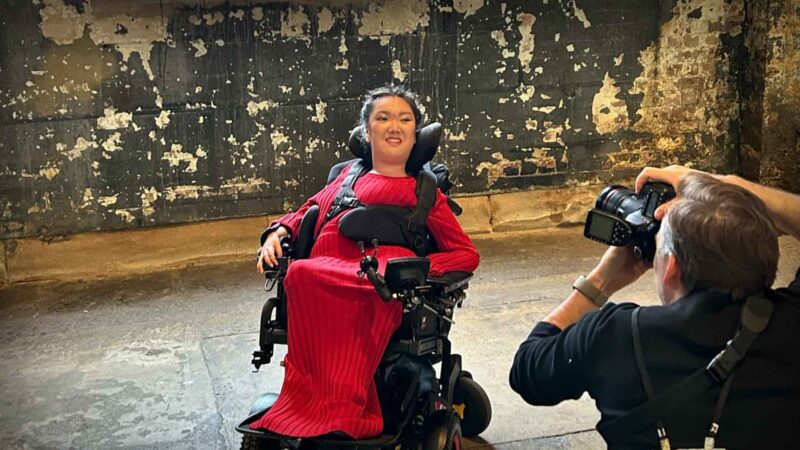Leonie Short is a Dental Practitioner and Dental Therapist. She started working as a dental therapist in Rural NSW and then moved into being an academic and researcher. Through her career, Leonie has worked at 6 universities across New South Wales and Queensland, and remaining community focused.
Prior to starting her business, Leonie, was a consumer advocate in the fields of breast cancer, colorectal cancer, substance abuse before concentrating on oral health. Her passion led her to start her business.
Seniors Dental Care Australia focuses on oral health care training and education for workers in the aged home care and disability sectors. These are the whole range of health workers from carers, enrolled nurses, registered nurses, allied health practitioners and general practitioners recognising the need to improve oral health care. Leonie talks about the passion and attention to delivering oral health care teachings.
As a hands on practitioner, Leonie typically delivers training in person and through a shift pattern at seniors or disability support facilities, and also via online. She feels in person and on site delivery is more engaging and raises confidence levels in carers.
Over the past 8 years Leonie has encountered smelly mouths, rotted teeth, infected gums and dirty dentures. Her aims are for people to have nice healthy clean mouths, to be able to smile, to talk, to taste and to eat.
Without a clean mouth, cases of aspiration pneumonia and infected endocarditis increase leading to hospitalisation and death. Leonie talks about a case in the UK of ill-fitting dentures being untreated, compounded by COVID precautions to oral examination leading to the patient choking on her dentures and dying.
Leonie’s mission is to have improved oral health experiences and outcomes, however she recognises, the health system really needs to work hard to make it happen and for people to understand why it needs to be a priority.
You Might also like
-
Empowered nurses leading digital health enablement
Nurses have a pivotal role to play in the widespread implementation and adoption of digital health technologies throughout the healthcare sector for the primary purpose of improving safety and quality of patient care.
Australian Health Journal talked to two of Australian top leaders in nursing and in digital health on how the role of nursing is pivotal to the success of digital health in the Australian health system.
-
Accessibility Co-design and adoption Consumer involvement New Content Patient Experience People in healthcare
Lived experience & human-centred design in healthcare
Recognised as one of the Top 100 Women of Influence by The Australian Financial Review, Melanie Tran is a visionary leader whose work lies at the intersection of design, technology, health, disability, and education. With a focus on human-centred design, digital strategy, and service design, she leads transformative initiatives as a Manager in Design, Digital and Data at Nous Group, a global consulting firm. Her work is driven by a deep passion for using creativity and technology to solve complex social challenges.
-
Still seeking outcomes after 6th Stoma Appliance Scheme Schedule Review
50,000 Australians have undergone the trauma and challenge of having a stoma inserted. Whilst the Australian Government invests in the appliances and products they need through the Stoma Appliance Scheme (SAS), this list is dated and doesn’t include as many of the products available in other countries. A new report commissioned by the Stoma Industry Association (SIA) shows Australia lagging countries such as the United Kingdom, Canada and Spain in supporting ostomates (people with a stoma).



